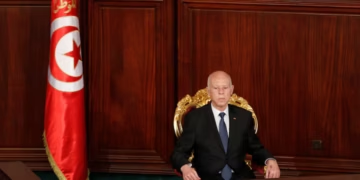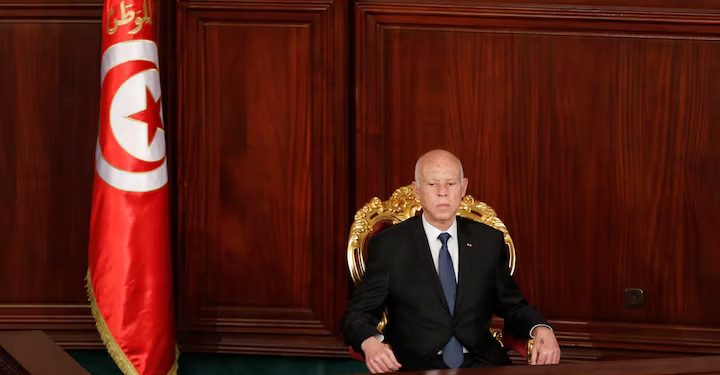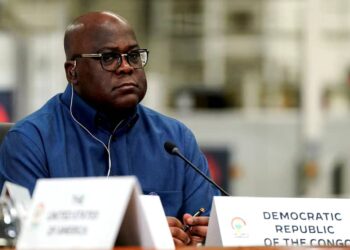By Enyichukwu Enemanna
Tunisian President Kais Saied on Saturday called for an amendment to the law governing the central bank, a piece of legislation believed to be targeting the lender’s independence and creating a window for direct government intervention in monetary policy.
“It is time to change the 2016 law” that granted the bank power over monetary policy, reserves, and gold, Saied said on Saturday in a meeting with the central bank Governor, Zouhair Nouri.
“We want a national central bank, not as others wanted it, based on dictates from abroad,” he added in a video published by the presidency.
In October, the Tunisian National Assembly, dominated by loyalists of President Saied, proposed a bill that would strip the central bank of its power over interest rates and foreign exchange policy, ultimately ending its independence.
Saied had also said last year that the central bank should lend directly to the state treasury to avoid costly loans through commercial banks.
Under the National Assembly’s proposed bill, the central bank would only be able to take action in due consultation with the government but would be allowed to finance the treasury.
Saied told the governor there had been many complaints about high interest rates in the country.
The central bank has kept rates on hold at 8% since 2023, warning of the risks of inflationary pressures, amid the President’s call for cuts.
In response to Saied’s call for the central bank to lend directly to the state treasury, parliament in December approved a law allowing the bank to provide $2.2 billion to finance the 2025 budget and pay off urgent debts. This was the second time in less than a year that the government had resorted to the bank for funds.
The government is increasingly turning to domestic funding as difficulties in securing foreign loans mount.
This comes after Saied dissolved the National Assembly and seized nearly all power in 2021, ruling by decree in a move the opposition has called a coup.
In 2022, Saied conducted an overwhelmingly boycotted election for a new parliament, which saw his nearly handpicked loyalists dominate the legislature.



































